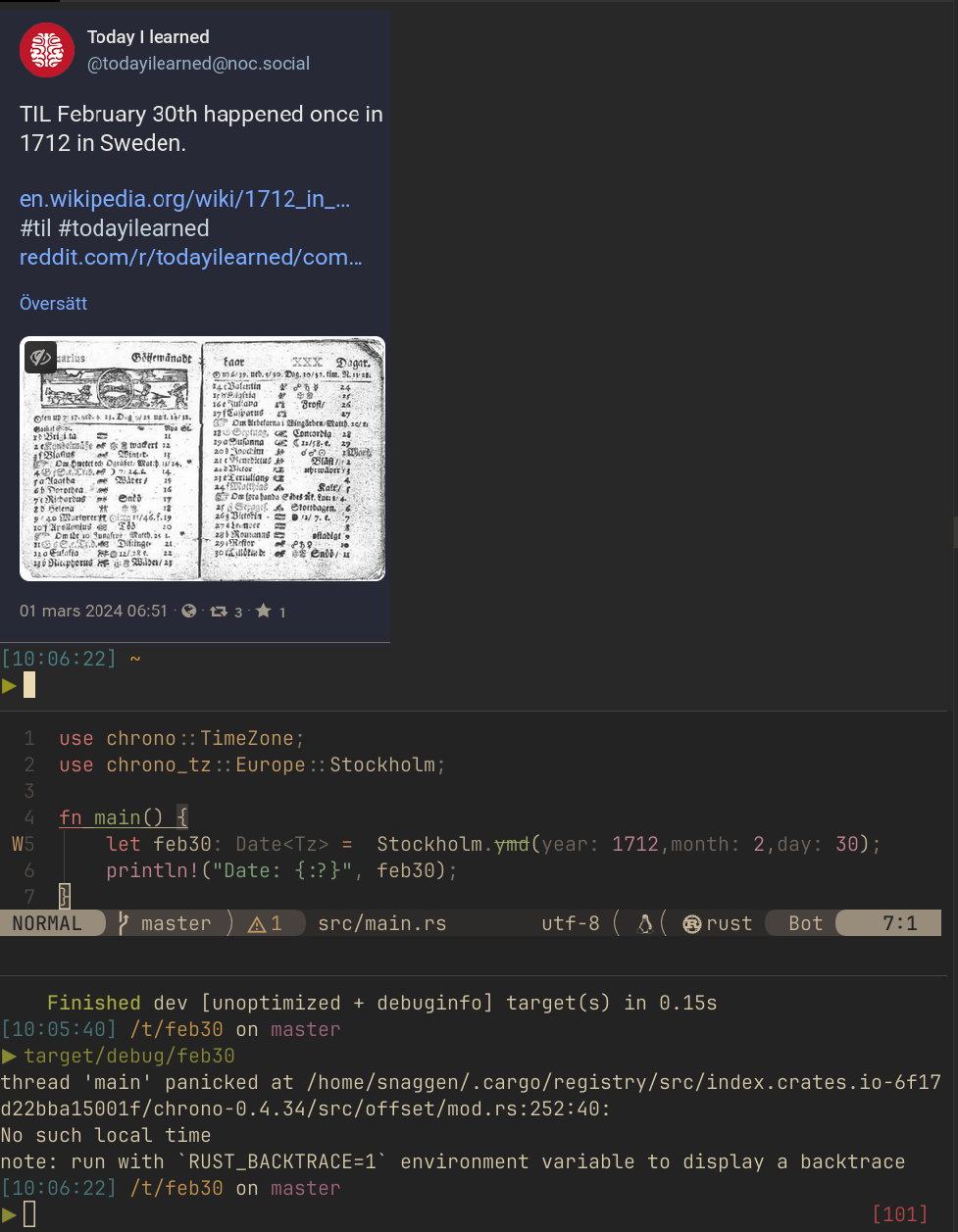That is the boring part when projects gets more mature...
snaggen
It was a joke
No, that is not all the idea. You might have that idea, but it is not a basic idea at all. To keep something open (as in open source), you must put restrictions that prevents it from closing.
A government is not more free just because it lacks any restrictions, about becoming a dictatorship. It is just less restricted at this point in time. To ensure a free society, there needs to be restrictions in place that ensures it stays free. The same applies to software.
Many seems to believe that less restrictions means more free or open, that is not true. It is just less restricted.
No, I think you missunderstand.... A joke is supposed to be funny.
Can someone explain the benefit of letting AWS use your product, then throw resources at it to improve it to get and advantage over your product, basically providing a much better product to their users than you would be able to. But they do it without any need to contribute back. I don't see the benefit of this to the opensource community at all, but people here seems to be quite passionate about it so you must see this differently than I do. So, please explain your view on how such a situation is beneficial to the OpenSource community.
I suggest an alternative title to this post: AWS employee is mad since Redis change license to prevent them from leaching
Didn't they switch to a license with stronger mechanisms to keep the source available? SSPL, is basically AGPL but have even stronger protection from large corperations to use the code in their data centers without contributing the changes back. This is basically a move to prevent AWS/Google/Microsoft/et al, from leaching on the contributors work without giving anything back.
Or am I reading this wrong?
EDIT: Note, that the Mastodon account is to an AWS employee.... so for him, this might be bad, since it no longer allows them to have their own internal fork without contributing back. Now, they will need to use a real for and maintain that them selves without leaching on the redis contributors.
If you think this is bad, then you should make sure to use copyleft licenses.
EDIT: Just read the details, and it seems that this is just what they did. SSPL is like AGPL with a stronger SAAS is distribution claus. That might not be valid, according to the OpenSource definition, but unless you are planning to modify the code and provide it as SAAS I think this is no a problem.
So the story here is: A Russian asset tells a Russian narrative?
For reference: https://www.theguardian.com/us-news/2021/jan/29/trump-russia-asset-claims-former-kgb-spy-new-book
I have been a vim user for more than 20 years. I tried to quit for a couple of years, but now I have just accepted my faith.

I know I have used it since Fedora made it default in 2016. I think I actually used it a while before that, but I don't have any thing to help me pin down the exact time.
Since I only use Intel built-in GPU, everything have worked pretty well. The few times I needed to share my screen, I had to logout and login to an X session. However, that was solved a couple of years ago. Now, I just wait for Java to get proper Wayland support, so I fully can ditch X for my daily use and get to take advantage of multi DPI capabilities of Wayland.